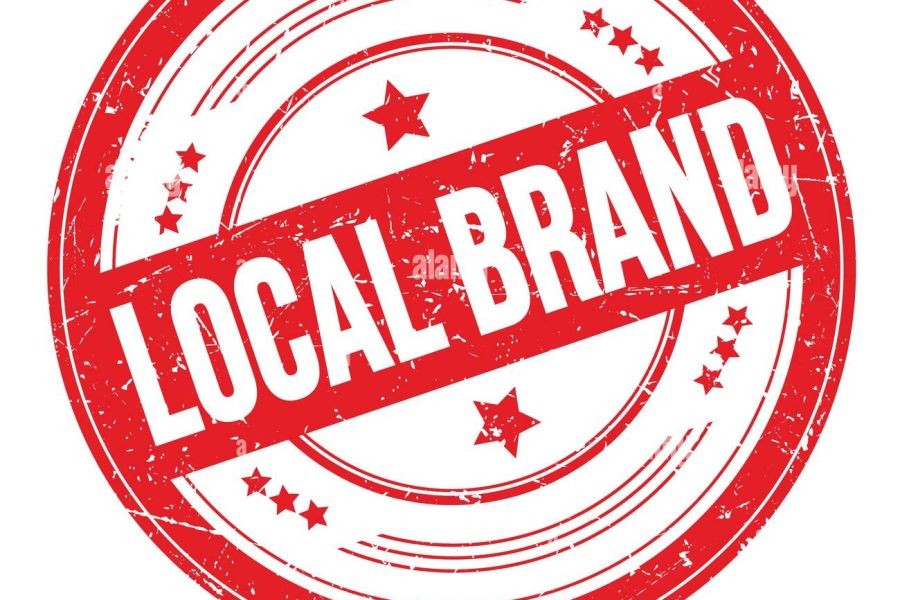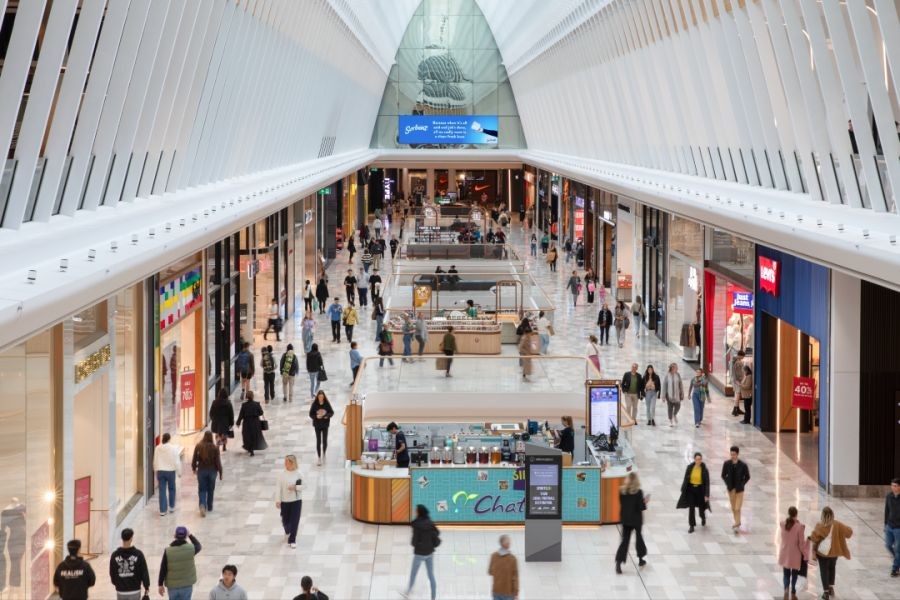Introduction
Imagine a bustling Wellington marketplace, where local vendors proudly display their handcrafted wares, and customers eagerly engage in discussions about the provenance of products. This vivid scene underscores a growing trend in New Zealand: a discernible shift towards local brands over global competitors. In 2025, Kiwis are increasingly prioritizing local businesses, not only as a means of economic support but as a lifestyle choice deeply intertwined with national identity and sustainability.
Recent data from Stats NZ highlights a 20% increase in the number of small businesses prioritizing local sourcing, reflecting a broader consumer shift. As New Zealand navigates a post-pandemic recovery, this trend not only bolsters the domestic economy but also nurtures a unique Kiwi brand identity. In this article, we explore why more Kiwis are choosing local over global brands and what this means for New Zealand’s economic landscape.
Case Study: Aotearoa Organics – Embracing Local to Drive Growth
Problem: Aotearoa Organics, a New Zealand-based agricultural company, faced declining sales due to competition from international organic brands. The company struggled to differentiate itself in a crowded market, leading to a significant drop in market share.
Action: To counter this, Aotearoa Organics launched a campaign promoting its commitment to New Zealand’s unique biodiversity and local farming practices. They introduced a traceability program, allowing consumers to track the origin of their products, emphasizing transparency and local authenticity.
Result: Within a year, Aotearoa Organics reported a 35% increase in sales and a 50% rise in customer retention. The traceability program became a key differentiator, fostering trust and loyalty among Kiwi consumers.
Takeaway: This case study illustrates the power of local authenticity in brand differentiation. New Zealand businesses can capitalize on this trend by highlighting local values and leveraging transparency to build consumer trust.
Data-Driven Analysis: Understanding the Local Shift
According to a 2025 report by the Ministry of Business, Innovation, and Employment (MBIE), 70% of New Zealand consumers prefer purchasing from local brands, citing quality, sustainability, and community support as primary motivators. This trend is further reinforced by a Reserve Bank of New Zealand observation that locally sourced goods have seen a 15% price premium, reflecting their perceived value.
The drive for localism is fueled by several factors:
- Environmental Concerns: With New Zealand's commitment to sustainability, consumers are increasingly wary of the carbon footprint associated with imported goods. Local brands often have a smaller environmental impact, aligning with Kiwi values.
- Economic Resilience: Supporting local businesses is seen as a way to strengthen New Zealand’s economy, particularly in the wake of global supply chain disruptions caused by the pandemic.
- Cultural Identity: Local brands often celebrate and reflect Kiwi culture, resonating with consumers seeking authentic New Zealand experiences.
Balanced Contrasting Viewpoints
The shift towards local brands is not without its challenges. While advocates argue that this trend supports economic resilience and cultural identity, critics point to potential downsides, such as higher costs and limited product variety.
Pros:
- Economic Support: Buying local keeps money within the community, fostering economic stability.
- Environmental Benefits: Reduced transportation emissions contribute to a smaller carbon footprint.
- Cultural Connection: Local brands often offer products that celebrate and promote Kiwi culture.
Cons:
- Higher Costs: Local products can be more expensive due to smaller-scale production.
- Limited Variety: Consumers may find fewer options compared to global brands.
While the debate continues, a middle ground can be found in hybrid models where local businesses collaborate with global partners to enhance product offerings while maintaining local authenticity.
Common Myths & Mistakes
- Myth: "Global brands always offer better quality." Reality: Local brands in New Zealand are increasingly recognized for superior quality, often surpassing global competitors in consumer satisfaction surveys (Source: Consumer NZ, 2024).
- Myth: "Supporting local is just a trend." Reality: The commitment to localism is deeply rooted in sustainability and economic resilience, making it a lasting movement (Source: MBIE, 2025).
Future Trends & Predictions
Looking ahead, New Zealand's commitment to localism is expected to strengthen. By 2030, it's predicted that 80% of Kiwi businesses will prioritize local sourcing (Source: Deloitte Future of Business Report, 2025). This shift will likely lead to increased innovation in sustainable practices and a stronger emphasis on preserving New Zealand’s unique cultural heritage through commerce.
Conclusion
In conclusion, the growing preference for local brands among Kiwis is more than a fleeting trend—it's a reflection of national values and a strategic move towards sustainability and economic resilience. As New Zealand continues to embrace this shift, businesses that prioritize local authenticity and sustainability will likely thrive.
What’s your take on this trend? How do you see it affecting your business or industry? Share your insights below!
Related Search Queries
- Why are Kiwis choosing local brands?
- Impact of localism on New Zealand economy
- Local vs global brands in New Zealand
- Sustainability trends in New Zealand
- Consumer behavior in New Zealand 2025
People Also Ask (FAQ)
How does choosing local brands impact New Zealand’s economy?Choosing local brands strengthens New Zealand’s economy by keeping money within the community, supporting local jobs, and fostering economic resilience, as reported by MBIE in 2025.
What are the biggest misconceptions about local brands in New Zealand?One common myth is that global brands always offer better quality. However, Consumer NZ found that local brands often surpass global competitors in consumer satisfaction.
What are the best strategies for promoting local brands in New Zealand?Experts recommend emphasizing local authenticity, leveraging transparency, and showcasing sustainability efforts to enhance consumer trust and engagement.
































andradement98
10 months ago